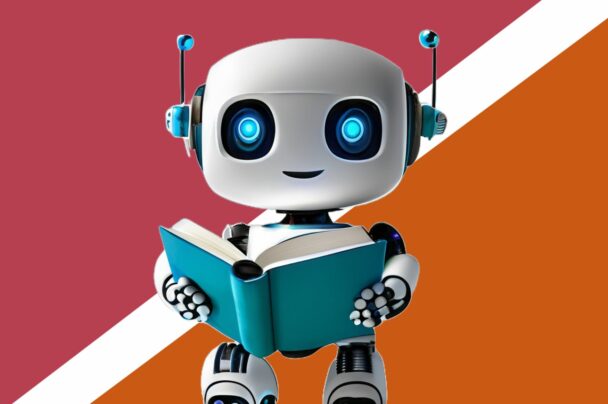Description
Basic Computer Proficiency required. Read more »
Basic computer proficiency courses are designed for individuals who have limited experience with technology. Participants will learn fundamental skills such as navigating the web, and using basic programs.
In today’s education, teachers face the challenge of cultivating essential soft skills among their students, while the new demand for mastering AI tools is more pressing than ever.
Communication, Collaboration, Critical Thinking, and Creativity (4Cs) are critical skills to navigate this new present where AI is part of our daily lives.
This course directly addresses the need for teachers to equip themselves with effective AI tools to foster 4Cs development and active learning.
This course will provide educators with the essential skills to merge Artificial Intelligence (AI) and learning, through a storytelling activity.
Participants will gain insights into this innovative approach to enhance their teaching methods and to empower students with the 4Cs – ultimately creating a dynamic and engaging learning environment.
Throughout the course, participants will engage in a series of activities designed to integrate Artificial Intelligence (AI) in the classroom, providing teachers with practical tools and ideas to personalize learning experiences.
Furthermore, educators will delve into the art of storytelling, exploring narrative techniques that not only captivate students but also stimulate critical thinking and learning. Real stories will be created, allowing participants to experiment with the principal AI tools available.
By the end of the course, participants will emerge with a transformative set of competencies. Educators will possess a comprehensive toolkit to cultivate Communication, Collaboration, Critical Thinking, and Creativity with their students.
Having practiced various AI tools, teachers will enhance their instructional methods, catering to diverse learning styles and needs.
Moreover, the art of storytelling will enable teachers of any subject area to build deeper connections with their students, inspiring a genuine appreciation for the subject matter.
Ultimately, educators will leave the course equipped to empower their students with invaluable 4Cs, preparing them for an ever-evolving world.
Learning outcomes
The course will help the participants to:
- Get to know the main AI tools available;
- Experience active learning;
- Design student-centered activities that use AI tools;
- Reflect on creativity and critical thinking opportunities provided by these tools.
Tentative schedule
Day 1 – Intro and theoretical basis
- Introduction to the course, the school, and the external week activities;
- Warm-up activities;
- Presentations of the participants’ schools;
- Introduction to AI.
Day 2 – Project start
- Ideas and Brainstorming for our story;
- Understanding AI Prompt Interpretation: Interactive exercises;
- Drafting our story.
Day 3 – Diving deep
- Setting up the scenario;
- Advanced Prompting Techniques: Interactive exercises;
- Crafting our scenario with AI Imaging Tools.
Day 4 – Critical thinking challenge
- Storytelling and creativity;
- Advanced prompting: Real-World Applications;
- Developing our story and finalizing with the aid of Language Model AI Tools.
Day 5 – Project closure
- Ethical Considerations in Prompting;
- Final Project presentation;
- Brainstorming and sharing ideas and activities to be implemented in class.
Day 6 – Course closure and cultural activities
- Course evaluation: round-up of acquired competencies, feedback, and discussion;
- Awarding of the course Certificate of Attendance;
- Excursion and other external cultural activities.





